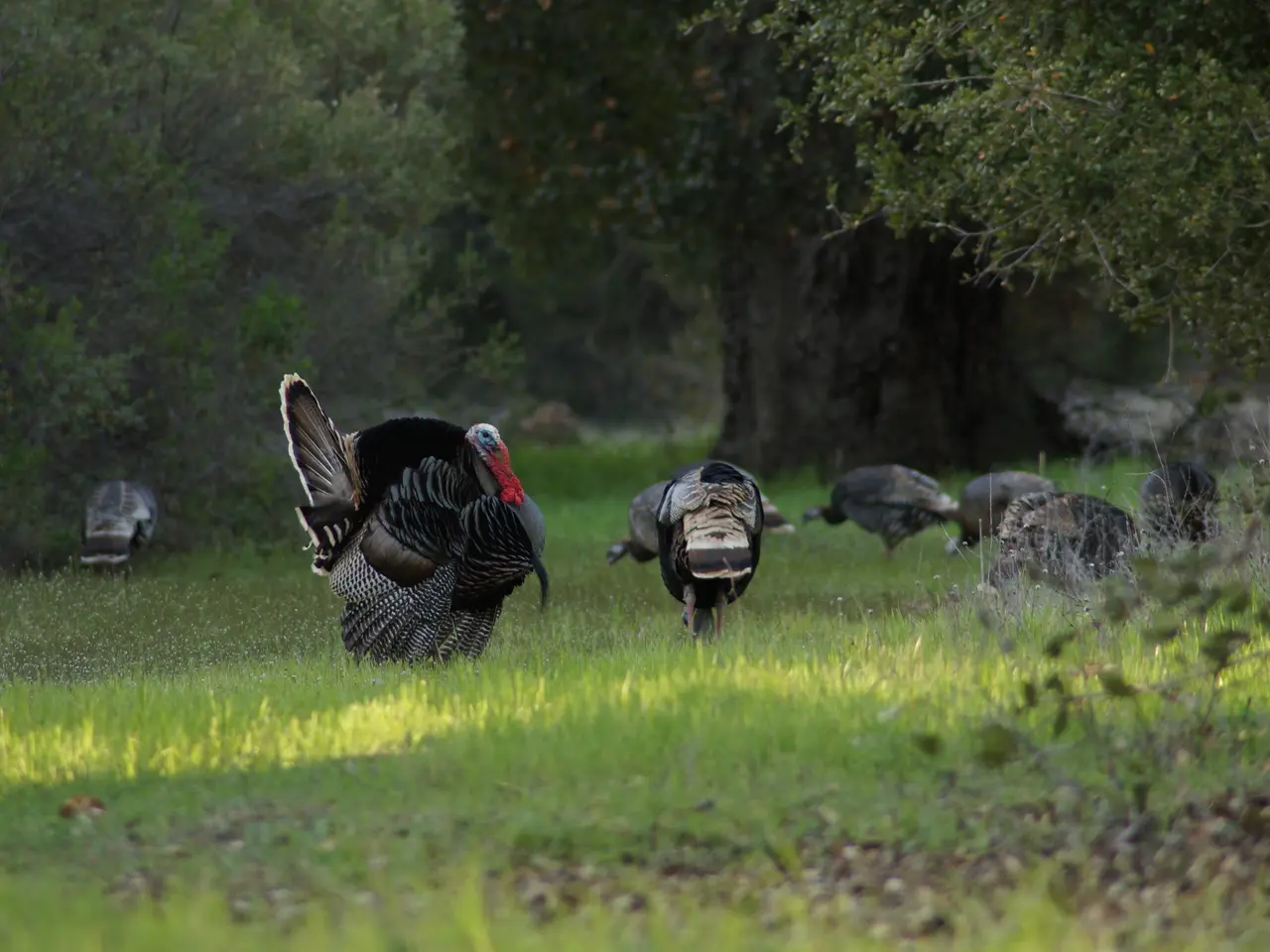Drop in Russian population living in Turkey since 2023 by approximately half
In recent years, a significant decrease in the number of Russian citizens living permanently in Turkey has been observed. According to various sources, the Russian expat population in Turkey dropped from 154,000 in 2023 to around 85,000 in 2025.
Several factors contribute to this decline, primarily geopolitical, economic, and regulatory. The Russia-Ukraine conflict, which escalated into a full-scale invasion by Russia in early 2022, has led to intensified international sanctions and economic pressures on Russia. These pressures have likely affected Russian citizens living abroad, including those in Turkey, causing some to return to Russia or emigrate elsewhere due to travel restrictions, financial sanctions, and changing visa policies.
Turkey's complex relations with Russia, as it balances its own geopolitical interests, may also play a role. While Turkey welcomed many Russian tourists and residents before, evolving diplomatic adjustments and economic shifts might have made permanent residence less attractive and feasible for Russians in Turkey since 2023.
The ongoing conflict in Ukraine, with its slow ceasefire discussions and continued military tensions through 2025, has caused economic uncertainties for Russians abroad, leading some to repatriate or relocate.
Internal policy changes within Turkey regarding residency permits, real estate, or work rights for foreign nationals could also influence the resident Russian population numbers. For instance, stricter regulations and bureaucracy have pushed some Russians to relocate to destinations such as Serbia, Portugal, Spain, and Georgia. Additionally, migration controls have been tightened in Turkey, complicating long-term stays for foreign residents.
Moreover, the high inflation rate in Turkey, as of June 2025, is 33.52%, which may have increased the cost of living for foreign residents. The monthly living cost for a single employee in Turkey rose to ₺33,982 ($834), while the monthly food expenditure for a family of four reached ₺26,413 ($648). Nationwide rent increases have also reached an average of $589.
It is important to note that this analysis is drawn from adjacent knowledge about recent geopolitical events, sanctions, and Turkey-Russia dynamics rather than direct data from the search results. More precise, updated migration or residency statistics from Turkish government or international migration databases would be required for a detailed authoritative answer.
Other countries have also seen an influx of Russian immigrants. Israel has taken over 70,000 Russians, the United States has taken 30,000, Armenia has taken in 100,000, and EU countries have taken about 60,000. However, the wave of migration following the start of the Russia-Ukraine war in 2022 has reversed.
Kazakhstan and Serbia have each taken in around 150,000 Russians, demonstrating that some countries may be more attractive for Russian immigrants due to their political and economic conditions.
In conclusion, a variety of factors, including geopolitical tensions, economic pressures, and internal policy changes, have contributed to the decrease in the number of Russian citizens living permanently in Turkey since 2023. Further research and updated statistics will provide a more comprehensive understanding of this trend.
- In Ankara, the complex political and economic relations between Turkey and Russia might have made permanent residence less attractive for Russians since 2023.
- The high inflation rate in Turkey, particularly in June 2025 (33.52%), has likely increased the cost of living for foreign residents, such as Russians.
- Some Russian immigrants have chosen to relocate to countries like Serbia or Kazakhstan, where political and economic conditions may be more favorable for them.
- General news sources report that various factors, including geopolitical tensions, economic pressures, and internal policy changes, have resulted in a decline of the Russian expat population in Turkiye, as recorded from 2023 to 2025.






